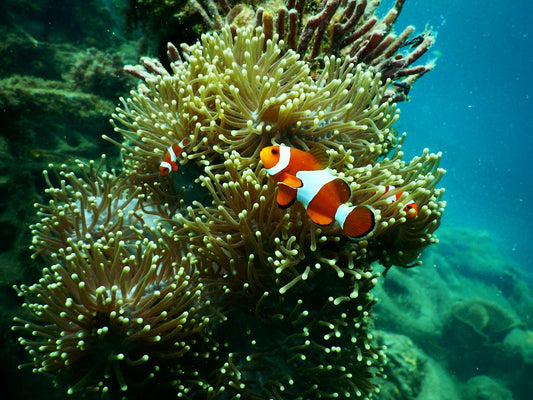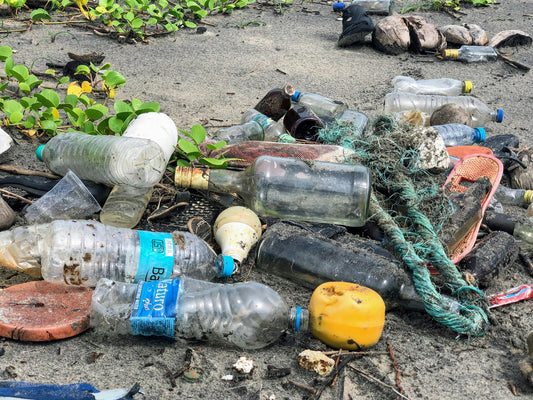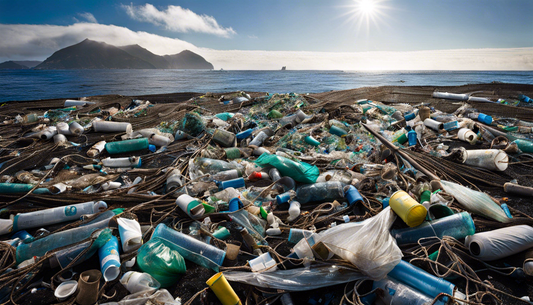Share
Unseen Consequences: British Pesticides Casting a Toxic Shadow on Brazilian Farms:
Valdemar Postanovicz, a humble Brazilian farmer, had a terrifying encounter with a hazardous herbicide named Reglone after an exhausting day dealing with his tobacco crop. Unknown to him at the time, the herbicide that paralyzed his right side was sourced from over 6,000 miles away - in Britain. The herbicide is based on a toxic chemical called diquat, which although banned in the UK, is legally exported to various parts of the world, including Brazil.
A Toxic Trade:
Findings from Unearthed, Greenpeace's investigative unit and NGO Public Eye, reveal that large volumes of pesticides and chemicals, prohibited for use in the UK due to health and environmental concerns, are legally exported to developing nations. Syngenta, a Chinese-owned, Swiss-headquartered chemical company, produced 98% of the 8,489 tons of such banned chemicals that were sent abroad last year. The UK's biggest export was diquat, a weed killer widely used in Brazil. While less toxic than its chemical cousin paraquat, diquat can still cause severe health issues including blindness, convulsions, organ damage, and in extreme cases, death.
Developing Dilemma:
Despite the ban in the European Union and the UK, legal loopholes allow Syngenta to manufacture diquat in the UK for export to countries with less stringent regulations. More than half of Syngenta's diquat exports, which amounted to over 5,123 tons in 2023, were sent to Brazil. Furthermore, the UK exported pesticides containing 10 other banned chemicals to 18 countries last year. This practice has sparked criticism and calls for a ban on exports of pesticides that are prohibited in Britain.
Profit Over The Planet:
The UN Special Rapporteur on toxics and human rights has described the export of banned pesticides to the developing world as a form of "modern-day exploitation". While banned pesticides continue to be exported, some farmers, like Postanovicz, are left suffering in countries such as Brazil. Marcelo de Souza Furtado, who tracks poisonings in the veracious farming state of Paraná, mentioned that the rise in diquat usage had led to accidental poisonings. However, the real number might be much higher given the lack of access to healthcare in remote areas and the fear of reprisals from employers.
Moving Towards Sustainable Practices:
As concerns for public health continue to grow, it is high time for policies to protect the environment and human health. The Pesticide Action Network suggests viable alternatives to toxic pesticides, including living mulches, controlled grazing, mechanical and thermal weeding, and alternative synthetic products. It's time to prioritize sustainable farming methods over short-term economic benefits and transform agriculture from being a part of the problem to be a part of the solution.
Valdemar Postanovicz, a humble Brazilian farmer, had a terrifying encounter with a hazardous herbicide named Reglone after an exhausting day dealing with his tobacco crop. Unknown to him at the time, the herbicide that paralyzed his right side was sourced from over 6,000 miles away - in Britain. The herbicide is based on a toxic chemical called diquat, which although banned in the UK, is legally exported to various parts of the world, including Brazil.
A Toxic Trade:
Findings from Unearthed, Greenpeace's investigative unit and NGO Public Eye, reveal that large volumes of pesticides and chemicals, prohibited for use in the UK due to health and environmental concerns, are legally exported to developing nations. Syngenta, a Chinese-owned, Swiss-headquartered chemical company, produced 98% of the 8,489 tons of such banned chemicals that were sent abroad last year. The UK's biggest export was diquat, a weed killer widely used in Brazil. While less toxic than its chemical cousin paraquat, diquat can still cause severe health issues including blindness, convulsions, organ damage, and in extreme cases, death.
Developing Dilemma:
Despite the ban in the European Union and the UK, legal loopholes allow Syngenta to manufacture diquat in the UK for export to countries with less stringent regulations. More than half of Syngenta's diquat exports, which amounted to over 5,123 tons in 2023, were sent to Brazil. Furthermore, the UK exported pesticides containing 10 other banned chemicals to 18 countries last year. This practice has sparked criticism and calls for a ban on exports of pesticides that are prohibited in Britain.
Profit Over The Planet:
The UN Special Rapporteur on toxics and human rights has described the export of banned pesticides to the developing world as a form of "modern-day exploitation". While banned pesticides continue to be exported, some farmers, like Postanovicz, are left suffering in countries such as Brazil. Marcelo de Souza Furtado, who tracks poisonings in the veracious farming state of Paraná, mentioned that the rise in diquat usage had led to accidental poisonings. However, the real number might be much higher given the lack of access to healthcare in remote areas and the fear of reprisals from employers.
Moving Towards Sustainable Practices:
As concerns for public health continue to grow, it is high time for policies to protect the environment and human health. The Pesticide Action Network suggests viable alternatives to toxic pesticides, including living mulches, controlled grazing, mechanical and thermal weeding, and alternative synthetic products. It's time to prioritize sustainable farming methods over short-term economic benefits and transform agriculture from being a part of the problem to be a part of the solution.
We hope you enjoyed this article. Please feel free to leave a comment below if you want to engage in the discussion.
If you want to read more like this, make sure to check out our Blog and follow us on Instagram. If you are interested in truly sustainable products, check out our Shop.
Check out the original source here.








